Fire Alarm Control Panel (FACP)
A Fire Alarm Control Panel (FACP) is a crucial component of a fire detection and alarm system. It serves as the central command hub, responsible for monitoring, controlling, and indicating the status of fire-related devices within a building or facility. The main purpose of the FACP is to detect the presence of a fire and to alert occupants and emergency response personnel promptly.
Key Functions and Features:
- Fire Detection and Monitoring: The FACP continuously monitors various fire detection devices, such as smoke detectors, heat detectors, flame detectors, and manual pull stations. When any of these devices sense fire or smoke, they send signals to the FACP, which then processes the information.
- Zone Identification: The building is typically divided into different fire alarm zones. Each zone comprises specific detection devices. The FACP can pinpoint the exact location of a fire based on the activated zone, allowing occupants and responders to quickly identify the affected area.
- Visual and Audible Alarms: When the FACP detects a fire or smoke, it triggers visual and audible alarms, commonly in the form of flashing lights and sirens. These alarms alert occupants of the potential danger and prompt evacuation procedures.
- Notification to Emergency Services: In more advanced systems, the FACP can be integrated with the local fire department or central monitoring station. When a fire is detected, the FACP automatically sends a signal to the emergency services, enabling a swift response.
- Control of Fire Suppression Systems: High-end FACP models can also oversee fire suppression systems like sprinklers or gas-based fire suppression systems. If the situation demands it, the FACP can activate these systems to control or extinguish the fire.
- System Diagnostics and Troubleshooting: The FACP continuously performs self-checks to ensure the system’s components are functioning correctly. In case of any faults or malfunctions, it provides alerts to the maintenance personnel for prompt troubleshooting.
- Integration with Building Systems: In modern setups, the FACP can be integrated with other building systems, such as access control and HVAC (heating, ventilation, and air conditioning). This integration enables a more coordinated response to emergencies.
Importance:
The Fire Alarm Control Panel is a vital element of a building’s fire safety infrastructure. It aids in early fire detection, quick evacuation, and timely response from emergency services. By providing real-time information about the location and intensity of a fire, the FACP helps in preventing potential casualties and property damage.
Conclusion:
The Fire Alarm Control Panel is the nerve center of a fire detection and alarm system. Its ability to monitor and control various fire-related devices, along with its integration with other building systems, ensures a comprehensive and efficient response to fire emergencies. Regular maintenance and testing are essential to ensure the FACP’s reliability and effectiveness in safeguarding lives and property.


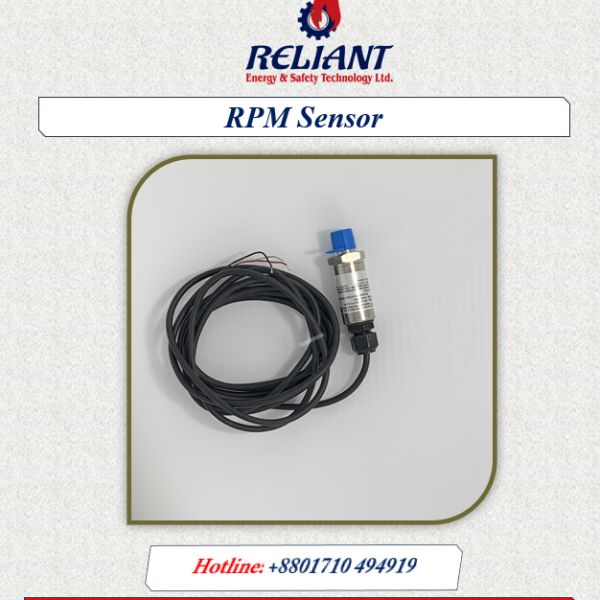
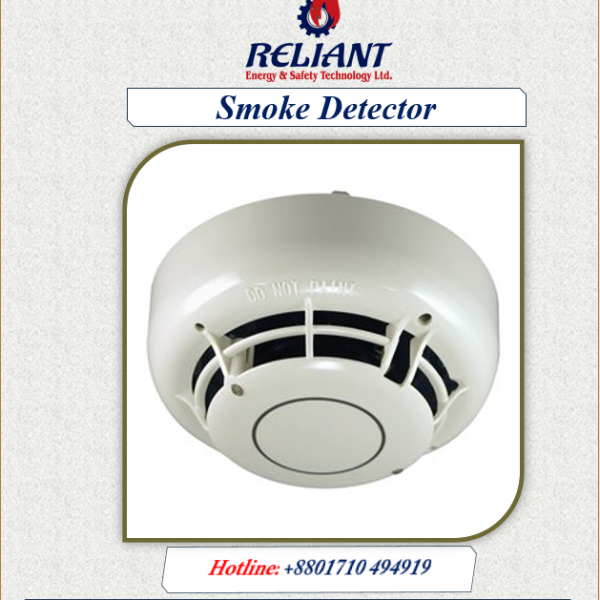


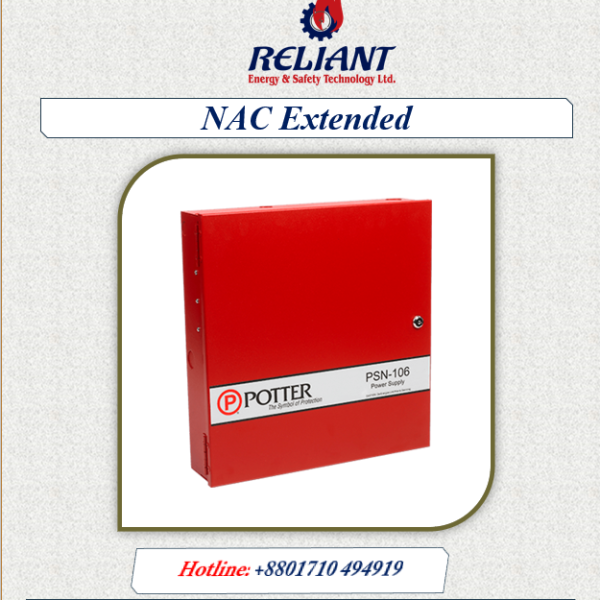



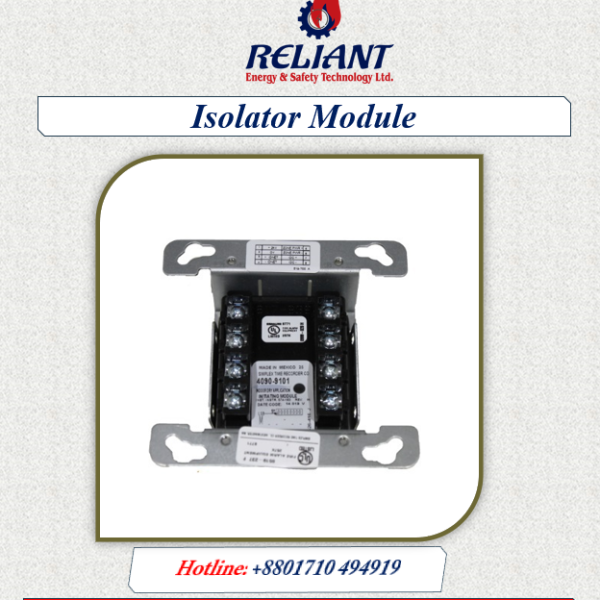
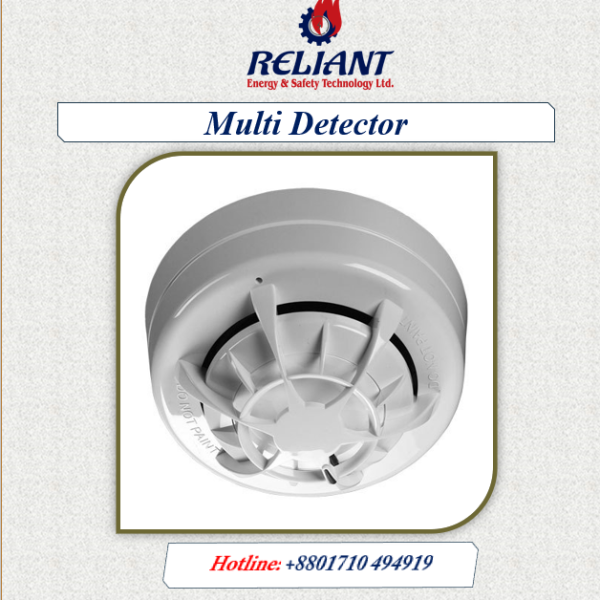
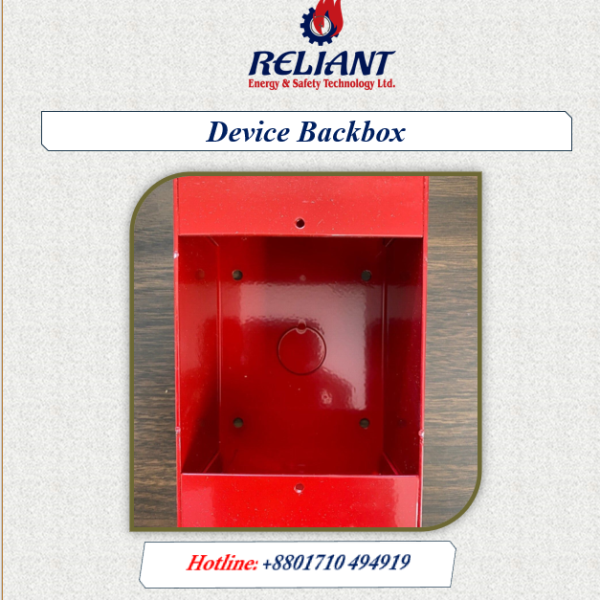
Reviews
There are no reviews yet.